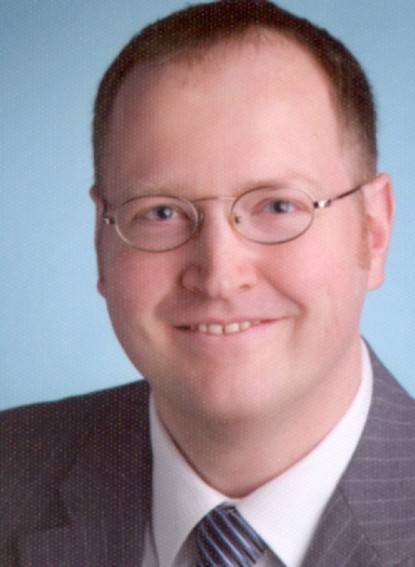Correlation experiments in photon-induced nuclear fission
Korrelationsexperimente in der photoneninduzierten Kernspaltung
PhD thesis
The nuclear fission process is highly complex and proceeds in heavy actinide and trans-actinide nuclei either spontaneously or induced by various reactions. Photon-induced reactions are particularly well understood due to the well-known electromagnetic interaction and because only dipole and electric quadrupole excitations are possible. This dissertation presents three developments for correlation experiments in photon-induced nuclear fission and demonstrates the feasibility of such correlation experiments with bremsstrahlung and monochromatic photons in the entrance channel, measuring the full fission-fragment mass distribution with ionization chambers. First, to increase the experimental luminosity for in-beam experiments a multi-target Frisch-grid ionization chamber (FGIC) has been developed. Second, the pulse-height defect (PHD) in different gas mixtures of Ar and CF4 has been determined relative to the reference gas P-10. Third, a position-sensitive FGIC has been constructed that allows the azimuthal fragment emission angle to be determined.
Publications
- M. Peck, A. Göök, J. Enders, F.-J. Hambsch, S. Oberstedt: Pulse-height defect of Ar + CF4 mixtures as a counting gas for fission-fragment detectors.

